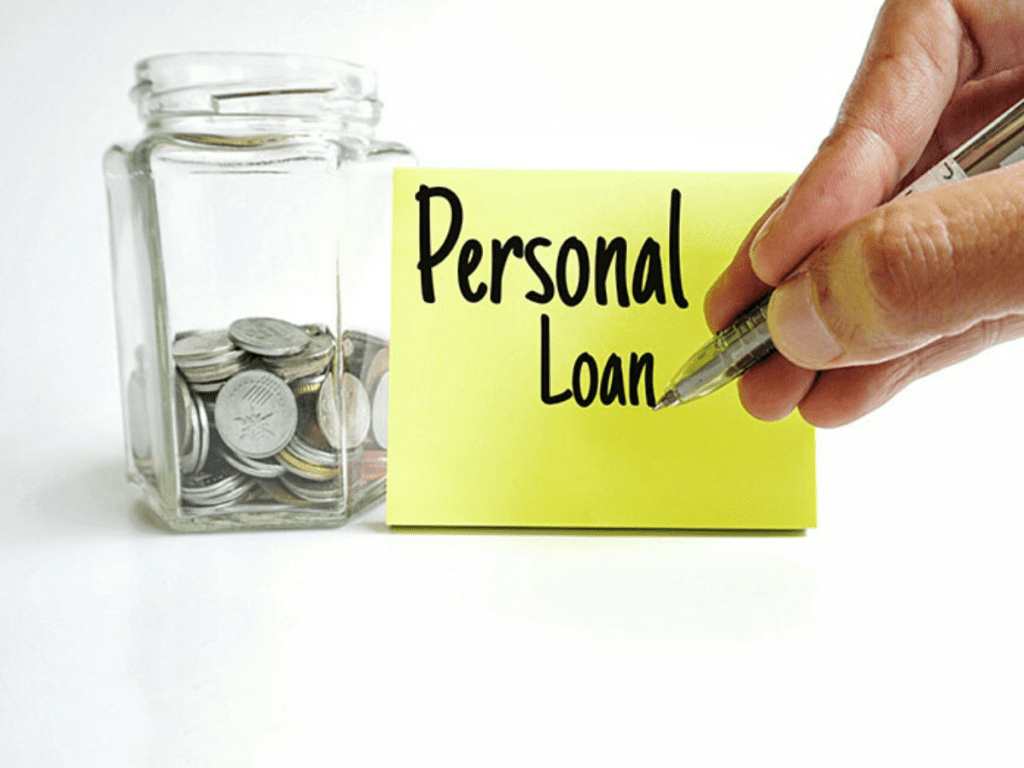Introduction
Personal loans can serve as a powerful financial tool for those looking to achieve their financial goals, whether it’s consolidating debt, financing home improvements, or managing an unexpected emergency. These loans can offer flexibility and lower interest rates compared to credit cards or other borrowing options. However, understanding how to use a personal loan effectively is essential for making the most out of this financial resource. In this article, we will explore how personal loans can help you achieve various financial objectives and how to navigate them wisely.
What Is a Personal Loan?
A personal loan is a type of unsecured loan provided by financial institutions like banks, credit unions, and online lenders. Unsecured means that the loan is not backed by collateral, such as a home or a car, making it more accessible for individuals who may not own significant assets. Personal loans typically come with fixed interest rates, a set repayment period, and predetermined monthly payments. The loan amount can vary, often ranging from a few hundred dollars to tens of thousands, depending on the lender and the borrower’s creditworthiness.
Achieving Financial Goals with Personal Loans
Personal loans can help with a range of financial goals, and understanding the right situations for borrowing is crucial to making them work for you. Here are some common goals and how personal loans can support them:
1. Debt Consolidation
One of the most common uses for personal loans is debt consolidation. Many people struggle with multiple high-interest debts, such as credit card balances, medical bills, or payday loans. These debts often accumulate due to high interest rates and fees, making it harder to pay off the principal balance.
By consolidating your debt into a single personal loan, you can streamline your monthly payments, often at a lower interest rate. This can help you pay off the debt faster and save money on interest over time. Debt consolidation also offers the benefit of simplifying your finances, as you’ll only have one monthly payment to manage instead of multiple creditors.
When considering a debt consolidation loan, it’s essential to ensure that the new loan’s interest rate is lower than the rates of your existing debts. It’s also important to avoid adding new debt while paying off the loan to ensure you’re truly making progress toward becoming debt-free.
2. Home Improvements
Making home improvements can be a great way to increase the value of your home, improve your living environment, and enhance your quality of life. Whether you’re renovating your kitchen, adding a deck, or installing energy-efficient windows, a personal loan can provide the necessary funds to get started.
Unlike home equity loans or lines of credit, which require you to use your home as collateral, personal loans are unsecured. This means that you won’t put your home at risk if you’re unable to repay the loan. Home improvement loans often come with lower interest rates than credit cards, making them a more affordable financing option for large projects.
Additionally, investing in home improvements may provide long-term financial benefits by increasing the resale value of your property. However, it’s important to consider the potential return on investment (ROI) for the improvements you plan to make. Some renovations, like kitchen or bathroom upgrades, tend to offer higher returns than others.
3. Medical Expenses
Unexpected medical bills can be a major financial burden, especially if you don’t have insurance coverage or if your deductible is high. Whether it’s an emergency medical procedure, surgery, or long-term treatment, personal loans can help cover the cost of medical expenses and allow you to repay the loan over time in manageable installments.
Medical loans typically come with low interest rates and flexible terms, making them a more affordable option than relying on credit cards. Many healthcare providers also offer payment plans, but a personal loan can provide the flexibility to cover expenses outside of what insurance may pay for. It’s important to ensure that you can comfortably manage the monthly payments before taking out a loan for medical expenses.
4. Financing Education
Education is often considered an investment in your future, and it can play a significant role in helping you achieve your career and financial goals. Whether you’re pursuing a degree, certification, or specialized training, personal loans can help cover the costs of tuition, books, and other educational expenses.
While student loans are a common option for funding education, personal loans may be a good alternative if you need to supplement your financial aid or if you’re attending a non-degree program. Personal loans typically have fixed interest rates, which makes it easier to plan and budget for repayment. However, it’s essential to consider the total cost of the loan, including interest, and ensure that your education will lead to increased earning potential to justify the investment.
5. Starting a Business
For aspiring entrepreneurs, obtaining funding to start or grow a business can be challenging. Personal loans can be used to provide working capital for your business, covering initial startup costs such as equipment, inventory, marketing, and office space. Since personal loans don’t require collateral, they can be a good option for individuals who don’t have valuable assets to pledge as security.
However, using a personal loan for business purposes comes with some risks. Since the loan is unsecured, you may face higher interest rates than you would with a business loan. Additionally, if your business doesn’t succeed and you’re unable to repay the loan, it can impact your personal credit score and finances. It’s essential to have a solid business plan and a clear path to profitability before using a personal loan to fund your business.
6. Covering Emergency Expenses
Life is unpredictable, and emergencies such as car repairs, job loss, or natural disasters can happen at any time. While it’s always best to have an emergency fund set aside for unexpected expenses, personal loans can help provide quick access to funds when you need them most.
A personal loan can give you the financial flexibility to cover immediate expenses without relying on high-interest credit cards. It can also help prevent you from taking on too much debt or falling into financial hardship due to unforeseen circumstances. However, it’s important to carefully assess your financial situation and ensure that you can repay the loan within the agreed-upon terms.
7. Consolidating Student Loans
Student loans can be overwhelming, especially if you have multiple loans with different interest rates and repayment terms. Consolidating your student loans into a personal loan can help simplify the repayment process and potentially reduce your overall interest payments.
Personal loans may offer better terms than federal student loans, especially if you have good credit. However, it’s important to weigh the pros and cons carefully. Consolidating student loans with a personal loan means that you will lose access to federal loan benefits, such as income-driven repayment plans and loan forgiveness options. If you’re considering this option, it’s important to research and compare loan terms and determine if consolidating your student loans makes sense for your long-term financial goals.
8. Boosting Your Credit Score
A personal loan can be a strategic tool to help improve your credit score. If you have a low credit score due to high credit card balances or missed payments, taking out a personal loan and using it to pay down your credit card debt can help reduce your credit utilization ratio and improve your score over time.
Additionally, making on-time payments on your personal loan can demonstrate to creditors that you are responsible with your debt, which can positively impact your credit history. However, it’s important not to take out a loan simply for the sake of improving your credit score. The loan should serve a specific financial purpose, and you should be committed to repaying it on time.
9. Vacation or Special Events
Sometimes, life’s financial goals include rewarding yourself or your loved ones. Whether it’s a dream vacation, a wedding, or a milestone celebration, personal loans can help fund these special moments without draining your savings or relying on credit cards.
Taking out a personal loan for a vacation or special event allows you to spread out the cost of the experience, making it more affordable over time. However, it’s important to approach this type of borrowing with caution. These types of loans should be used sparingly, and only when you’re confident that you can comfortably manage the repayment without jeopardizing your financial stability.
10. Home Purchase or Down Payment
While personal loans are typically not ideal for purchasing a home, they can help with certain aspects of buying a property. If you’re in the process of saving for a down payment, for example, a personal loan could help bridge the gap if you’re short on funds. A down payment is often one of the largest obstacles for first-time homebuyers, and securing additional funding through a personal loan can help make your dream of homeownership a reality.
Conclusion
Personal loans can be a valuable financial tool for achieving a wide variety of goals, from consolidating debt to financing home improvements, education, and more. However, they should be used wisely and with careful consideration of your ability to repay the loan within the agreed-upon terms. By taking a strategic approach to borrowing, personal loans can help you achieve your financial goals more effectively, offering flexibility, manageable payments, and often lower interest rates than other financing options. As with any financial decision, it’s crucial to evaluate your situation and determine if a personal loan is the right solution for you.

